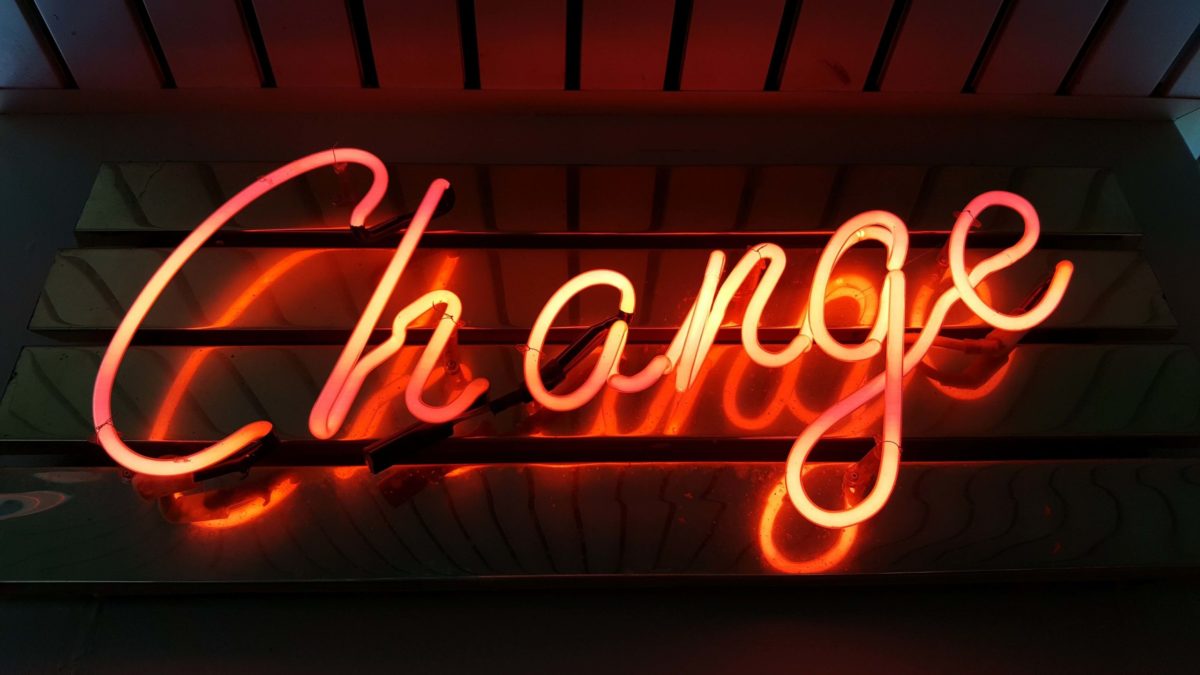Poetry for Political Change
From the eighteenth century Augustan poets to the post-Mao era of China, and even the American Beat movement, poetry has been used as a form of resistance throughout history. Poets have used their voices to push back against unjust government structures, societal norms and expectations, institutionalized oppression, and so much more.
What makes a poem political?
When the power of poetry meets social, political, or current events, political poetry is born. As Poets.org puts it, “Political poetry is poetry that is related to activism, protest, and social concern, or that is commenting on social, political, or current events.” However, a political poem isn’t necessarily a didactic one. Some of the most poignant examples of political poetry fall under the categories of memoir or personal testimony.
Who are some political poets?
Some poets stake their careers on political activism, while others may only write the occasional political poem.
Phillis Wheatley is one of the best-known pre-19th century poets. After being seized from West Africa at seven years old, she was purchased for a prominent Boston family by the last name of “Wheatley.” Although Phillis Wheatley was required to perform domestic duties, she was also taught to read and write. Her body of work served as proof that Black people could be artistic and intellectual, and it helped the abolitionist movement gain early traction.
Shortly after, the work of 19th-century poet Elizabeth Barrett Browning was praised for taking on social injustice, such as the slave trade, child labor, and women’s rights. Her work later influenced the likes of Edgar Allan Poe and Emily Dickinson.
The 20th century brought us a barrage of strong political poets, including Amiri Baraka, Audre Lorde, James Baldwin, Langston Hughes, and Maya Angelou. The work of these poets, and many others, has left a lasting impression on American society, pioneering the Harlem Renaissance and underscoring the Civil Rights Movement.
Does political poetry actually create change?
With the power to engage readers both on an emotional and logical plane, poetry is an invaluable tool for political change. Even speeches from Dr. Martin Luther King, Muhammad Ali, and Barack Obama use poetic techniques to connect with the audience. We can never underestimate the power of language to change the world. Remember: The pen is mightier than the sword.
Political poetry reading list
If you’re interested in reading more poetry that takes a strong stance, we’ve included a list of poems below to get you started:
- Adrienne Rich, “A Mark of Resistance”
- Amiri Baraka, “Why’s/Wise”
- Anne Boyer, “The Revolt of the Peasant Girls”
- Anthony Anaxagorou, “After the Formalities”
- Audre Lorde, “A Litany for Survival”
- Chen Chen, “Poplar Street”
- Danez Smith, “Summer, Somewhere”
- Fatimah Asghar, “If They Should Come For Us”
- Gloria Anzaldúa, “Borderlands/La Frontera”
- Gwendolyn Brooks, “Boy Breaking Glass”
- James Baldwin, “Staggerlee wonders”
- Jameson Fitzpatrick, “I Woke Up”
- John Murillo, “A Refusal to Mourn the Deaths, By Gunfire, of Three Men In Brooklyn”
- Juliana Spahr, “Responding”
- Langston Hughes, “My People”
- Mary Oliver, “The Journey”
- Maya Angelou, “And Still I Rise”
- Ocean Vuong “Aubade with Burning City”
- Phillis Wheatley, “On Being Brought from Africa to America”
- Ross Gay, “A Small Needful Fact”
- Sarah Kay, “Jakarta, January”
- Sherman Alexie, “How to Write the Great American Indian Novel”




